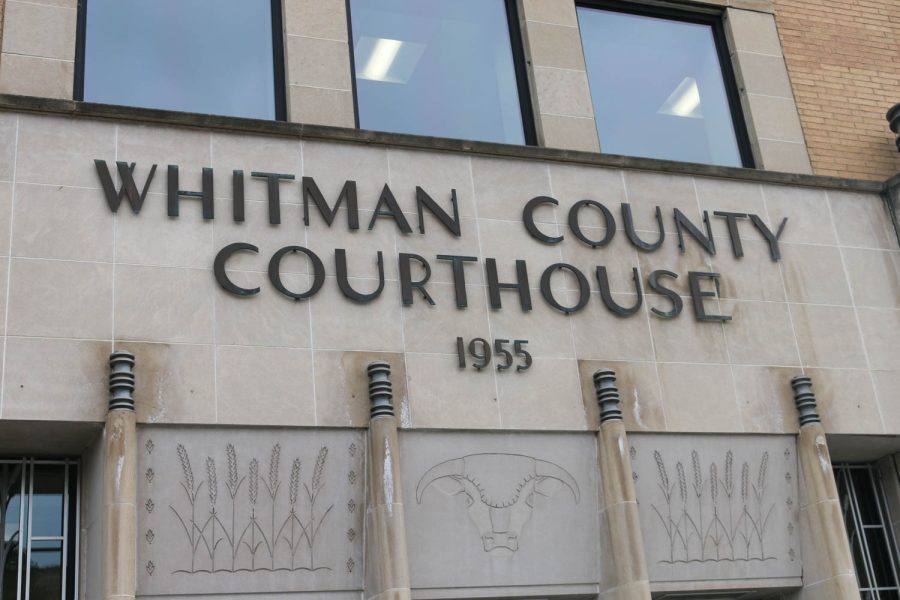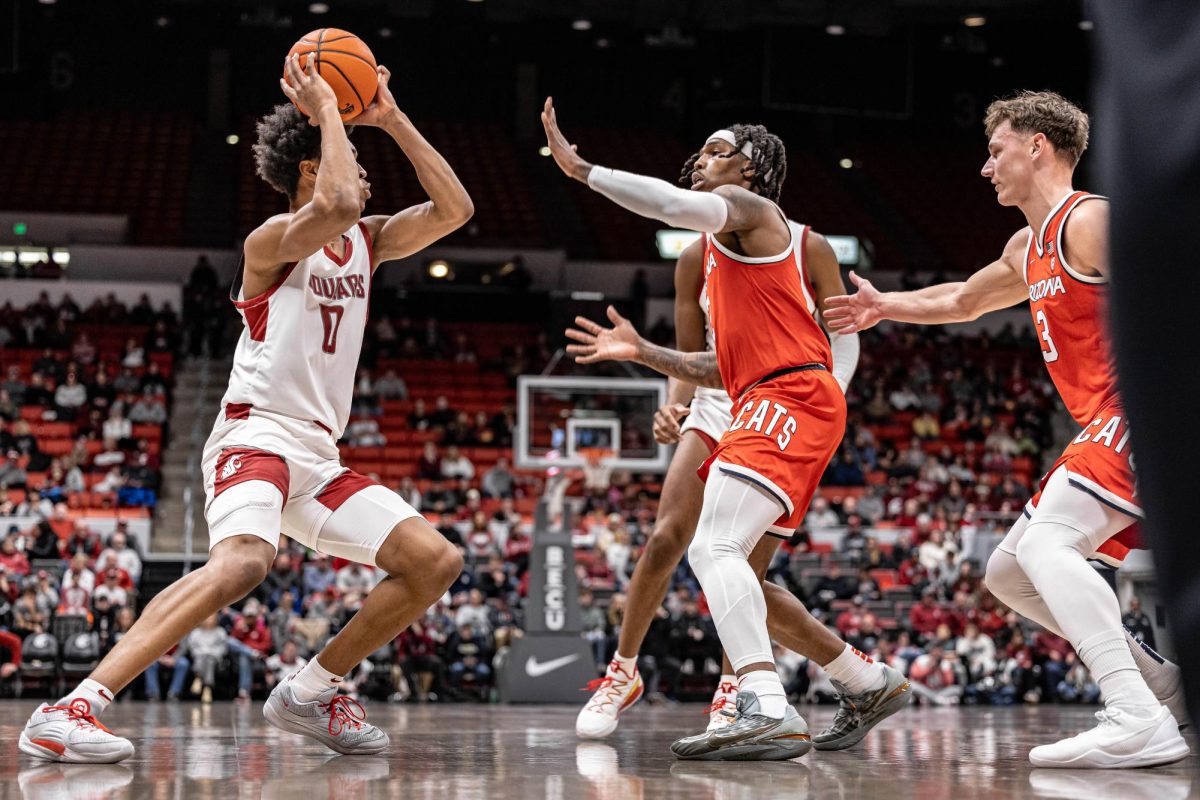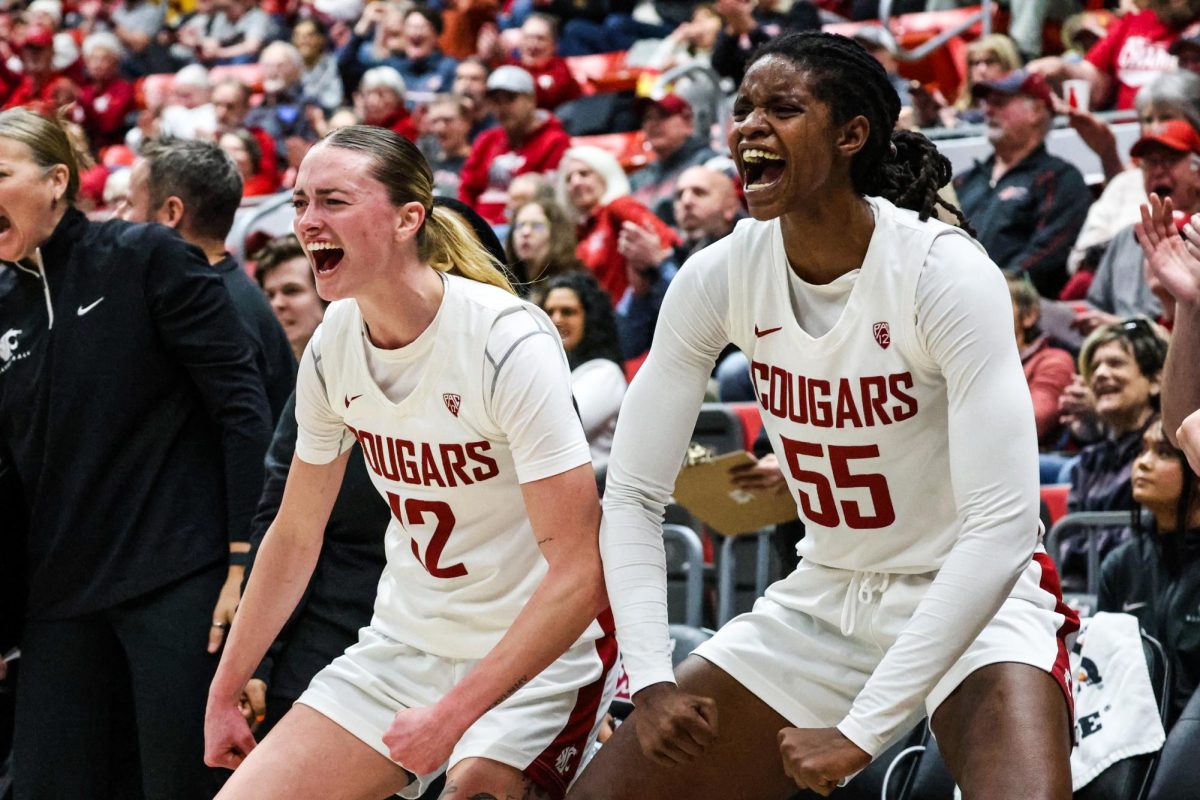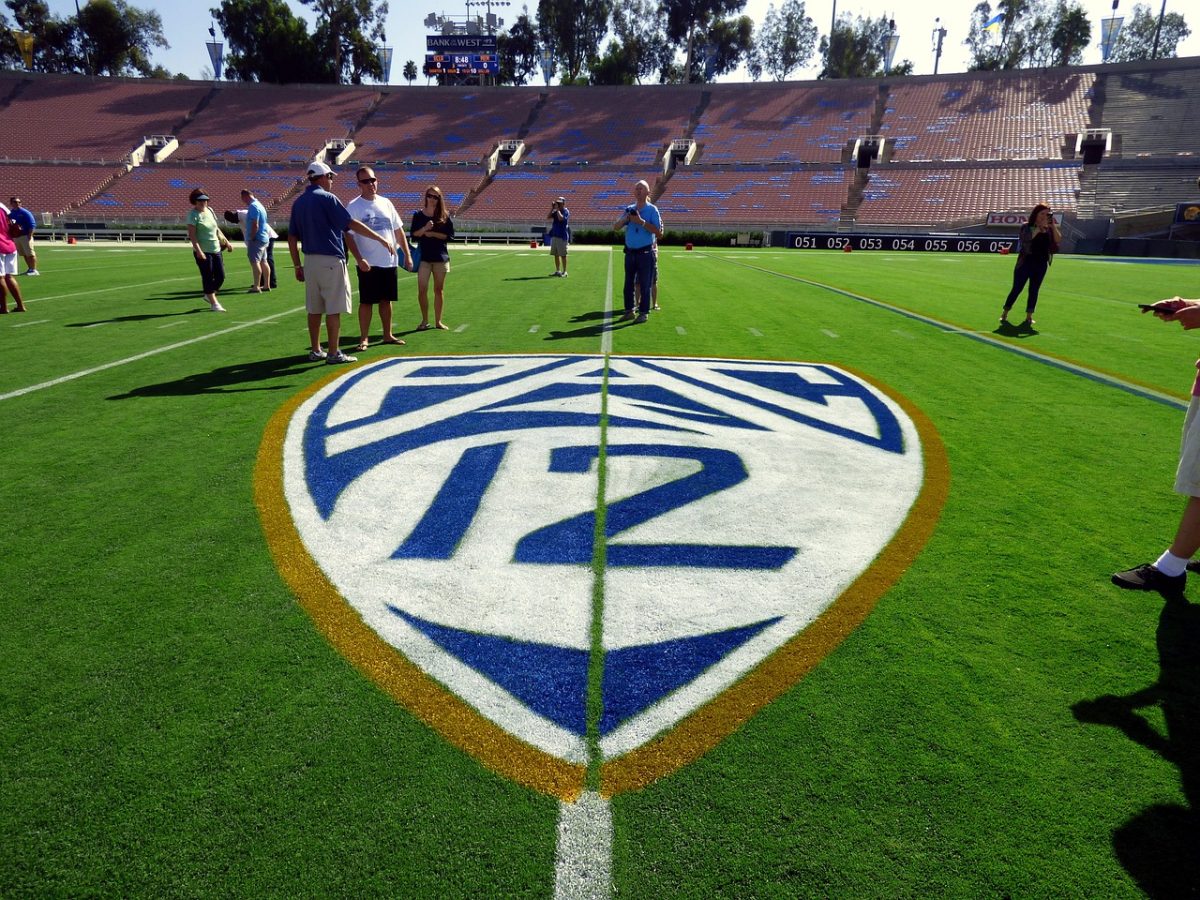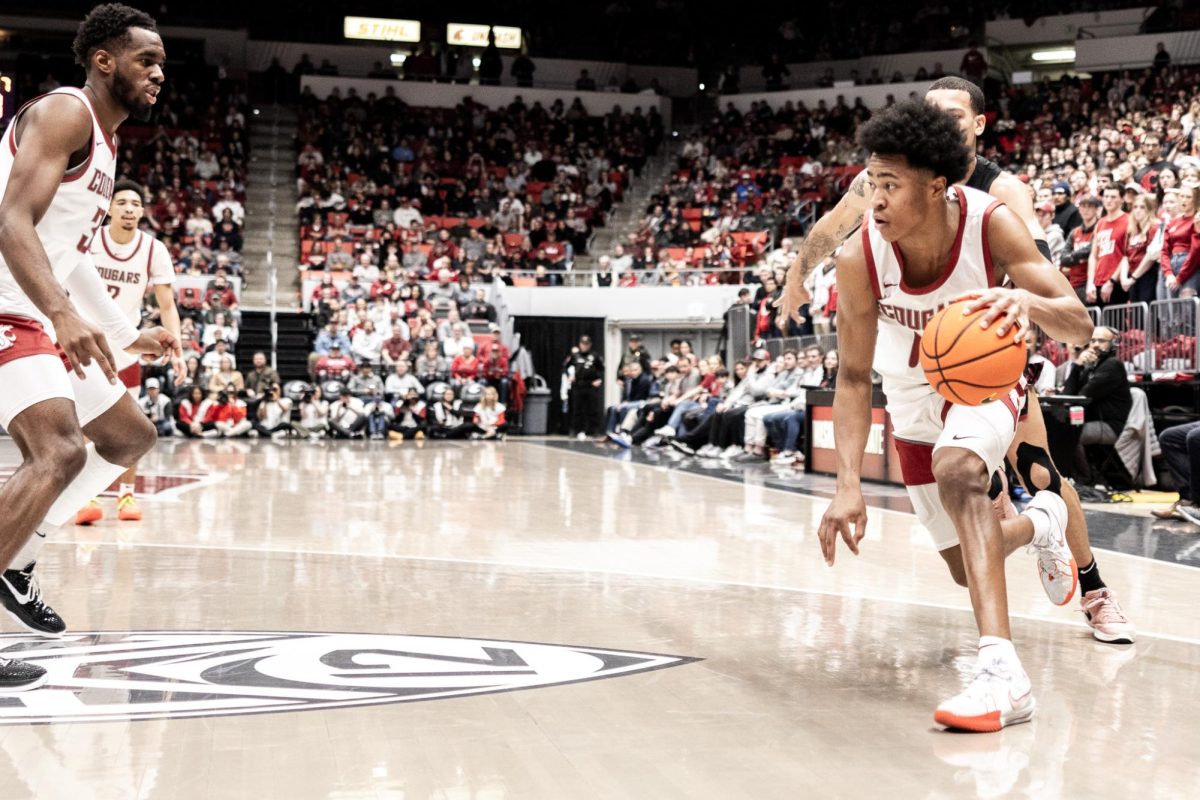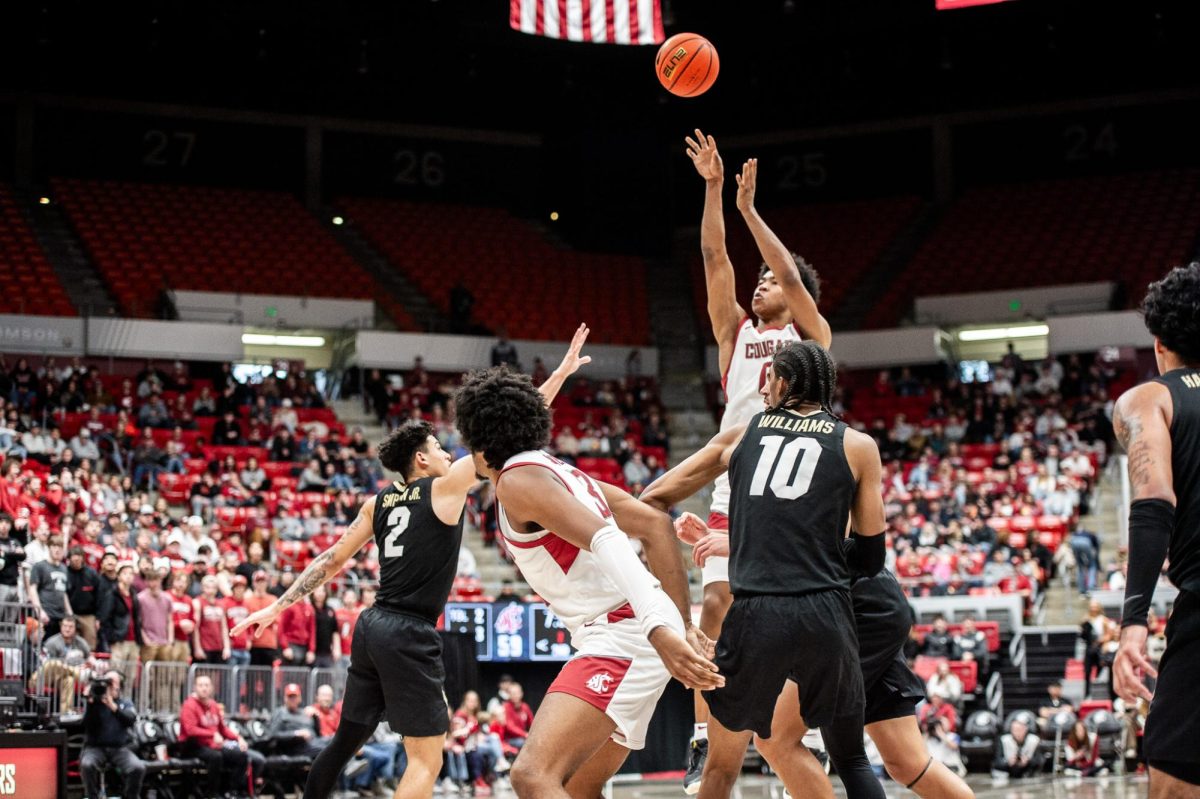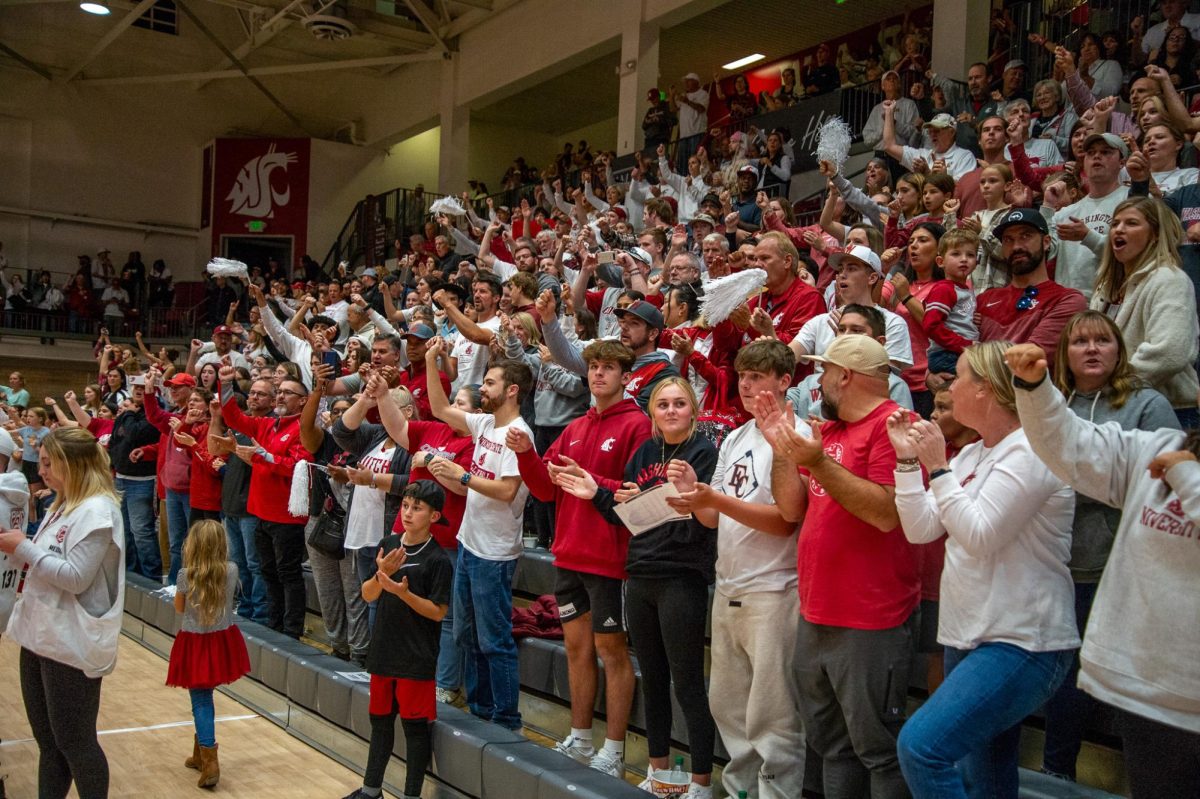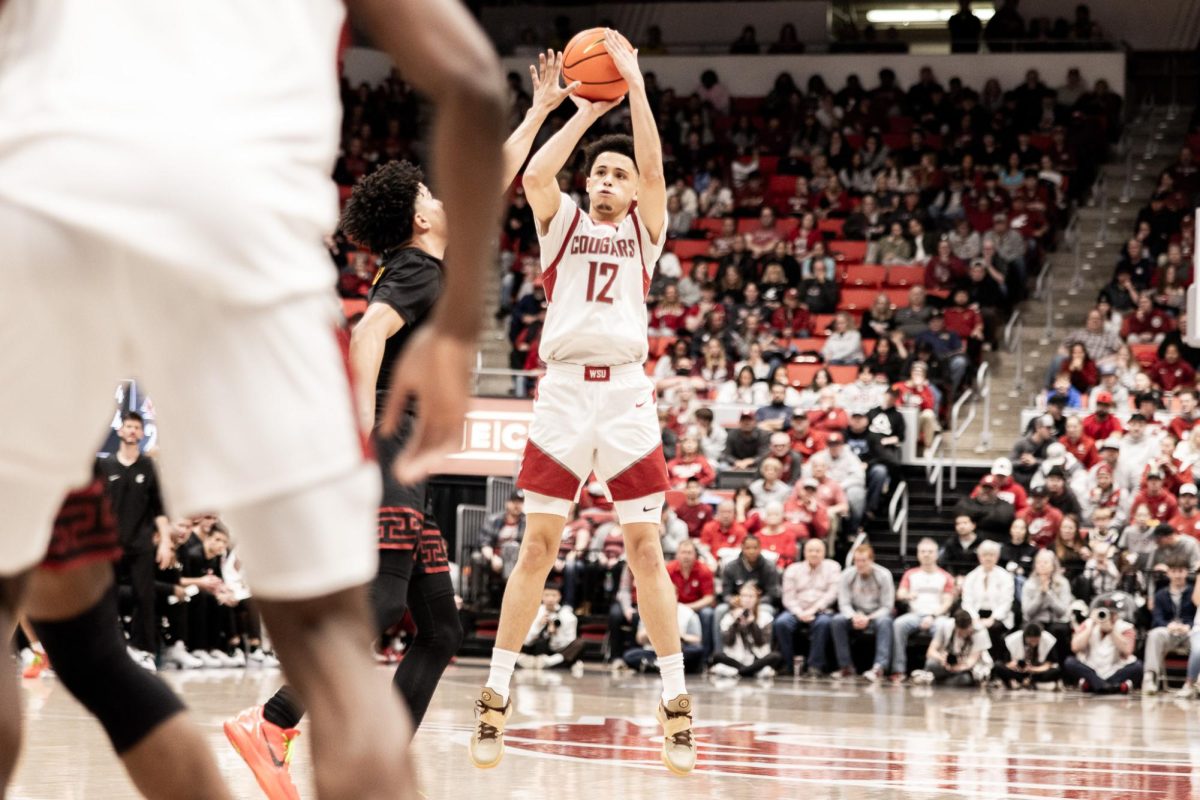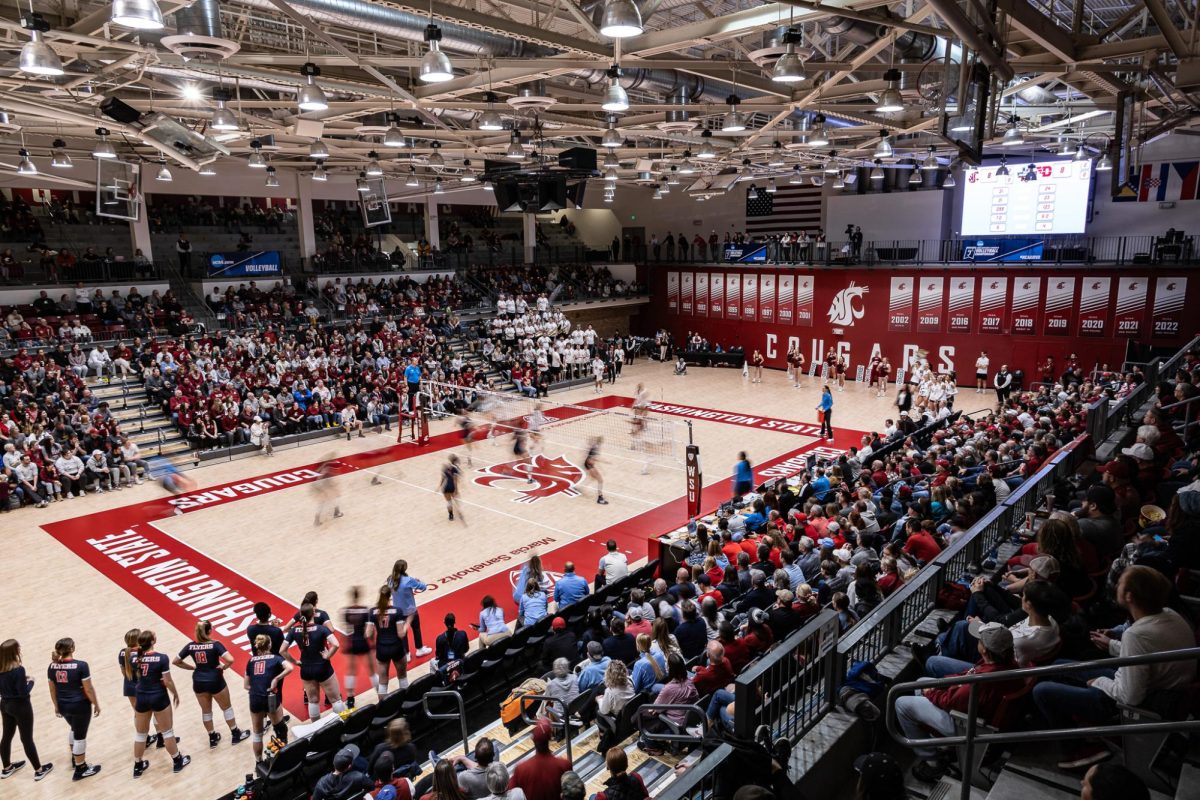Whitman County Superior Judge Gary Libey ruled in favor of the plaintiffs, WSU and OSU, in their case against the Pac-12 and its departing members. Two months since the first hearing, the two remaining schools are now the only voters on the board of the Pac-12.
The remaining schools’ opening argument was the same thing that has been repeated since this whole thing began. WSU and OSU, as the only schools that have not announced a departure from the conference, should be the only schools allowed to vote on conference matters. Those who announce departure have an immediate conflict of interest, and only WSU and OSU can be trusted to actually have the conference’s best future interests in mind.
The plaintiff’s lawyer emphasized the fact that only after departing and seeing the consequences of that did UW and the other departing schools take issue with the bylaws.
The plaintiffs’ lawyer went on to say that prior to August of this year, the conference and all of its members had been in agreement for the removal of USC and UCLA from the board, with all members ratifying multiple decisions that certified that being the correct way of continuing forward as a conference. According to the plaintiffs, everyone agreed that schools are off the board and lose their vote if they leave the conference.
The plaintiffs argued that the Pac-12 board, during the time when USC and UCLA were not voting members, made serious financial decisions without those two schools being present or even knowing about the meetings. Under a time limit, the plaintiff’s lawyer ended his time by jumping ahead to point out that WSU and OSU will suffer irreparable harm if there is not a hasty decision about a preliminary injunction. Monetary damages cannot make up for the fact that if a decision is not made soon then WSU and OSU will be without governance rights for a permanently damaging period of time.
This final statement made the plaintiff’s goal plain: a preliminary injunction to give WSU and OU the sole right to govern the conference, rather than the departing schools being allowed a vote.
The Pac-12 stepped up next. Their argument asked a question: is it in the best interest of the conference to be governed by WSU and OSU immediately? The Pac-12 made it known that they are neutral on who takes over, but they are troubled by the lack of agenda on either side. Every year’s revenue is important, and jeopardizing that was made a point of serious concern in the Pac-12 statement.
The judge pushed them a bit on the idea of the conference continuing. When asked if it was the Pac-12’s goal to continue as a business, the conference’s lawyer stated that it is “up to WSU and OSU at this point.”
Next up was UW’s lawyer. Their claim was that WSU and OSU are making claims that do not fit what the bylaws actually mean when read as a whole document. He argued that the only issue covered in the bylaws is actual departure during the prohibited period, which stretches until Aug. 1, 2024. Their lawyer argued that schools are allowed to plan on leaving so long as the departure is to happen after that date.
UW’s lawyer also argued that WSU and OSU would certainly try to cause irreparable harm back to the other ten schools if they were given control. If nothing else, they argued, the departing schools need to have a voice in how the money is distributed during this academic and athletic year.
The plaintiff’s lawyer got his next chance to speak after that. He reiterated that once you provide a notice of withdrawal you are removed from the board, as a notice of withdrawal constitutes a breach. He argued that UW’s lawyer was using two different definitions of what counts as a breach, despite the language in the contracts not changing in a way that would allow that.
He claimed that the departing schools have put the remaining schools in a state of paralysis. The temporary restraining order, he argued, is no longer enough to protect WSU and OSU from irreparable harm. He stated that the unanimity requirement put in place by the court during that first hearing two months ago has left WSU and OSU unable to work in the best interest of their future.
When asked, the plaintiff’s lawyer answered that the departing schools would not forfeit their 2023 revenue by leaving.
The lawyer then shared a text in which Colorado informed the then-nine members of their intention to leave at the end of the prohibited period. At that point, Colorado was removed from the board due to having delivered a notice of withdrawal. The board held a meetings discussing aspects of the future of the conference, including a discussion of potential penalty for Colorado. Not one school that was still on the board at that point took issue with Colorado’s removal nor with the discussion of a potential penalty.
The judge then asked about the motion to dismiss filed by the nine departing members. The motion was filed because those schools argue they are not being represented in a lawsuit that will impact them. The plaintiffs argued that there are only two positions in this case, and those positions each have representation in court so the case should not be dismissed.
After that point was made, the conference’s lawyer returned. He said that the conference does not want to be a defendant. The conference argued that they have no opposing interest with WSU and OSU, and so they should not be a part of the lawsuit in the way that they currently are.
Next was UW’s lawyer again. He brought back up the idea that a plan to withdraw is not a breach provided the withdrawal is to happen after Aug. 1, 2024, and restated much of the earlier arguments. He closed his argument by saying that the preliminary junction to give WSU and OSU control should be denied because they have no clear plan that shows they will operate to the benefit of the conference and its current members.
Judge Gary Libey finally announced one more round from all three attorneys, stating that his four pages of questions had been mostly answered.
First was, once again, WSU’s lawyer.
He said that a plan is not needed in order for WSU and OSU to have sole governance rights. He stated that there is no case law that says that the remaining schools need a plan in order to be allowed to act and that it especially cannot be expected for them to have a plan when they do not know what the decision of this very case is.
He pointed to the question from earlier when the conference’s representation said that whether or not the conference continues is “up to OSU and WSU at this point.” Without being allowed to make that very decision or make moves in the direction of that decision, he argued, WSU and OSU will suffer irreparable harm. The plaintiff said that if the Pac-12 wants to have a future, something WSU and OSU are meant to decide per the conference itself, it needs to move now.
Second was the conference’s lawyer, who had nothing to add.
Third was UW’s lawyer. He brought up the statement of purpose of the bylaws, asking what the point of a conference even is. Should it exist only to ensure it exists further? Do the bylaws benefit the conference above all else, or are they there to benefit member schools? He said that the interpretation that was used to “kick USC and UCLA to the curb” was the wrong interpretation.
He continued to argue that a good-faith announcement of an allowed departure from the conference at the end of the contract is not in breach and should not mean the schools are removed from the board or subject to penalties. He said it is not practical to necessitate secrecy on whether or not a school is to depart. If you cannot announce a departure, he argued, you cannot schedule and you cannot properly work out media rights deals.
His final point was that the schools are still participating in the conference, and they are operating entirely in the bylaws. They are still playing the games and creating revenue, and according to the defendants’ view, they are just as allowed to vote on the matter as WSU and OSU.
Then, it was time for the judge to decide.
“I have read, reread all the papers submitted. I grew up where conduct spoke louder than words… conduct is what counts,” Judge Gary Libey said. “With that in mind, this court finds in support of the plaintiffs (WSU and OSU).”
Libey made it clear that he does not believe that the remaining schools will operate in a way that will directly harm the other ten members and clarified that if that does happen he will be hearing about it and things will change.
This gives WSU and OSU the ability to immediately begin working toward the rebuilding of the conference, and while they will not be able to use all conference revenue for that purpose the departing schools now cannot vote to gut the conference to support their leaving financially.
Short-term, there is likely little impact. Appeals will stretch out for months, but OSU and WSU can now operate as though the decision is final. That means football scheduling, inviting members and working on a potential future TV deal for the conference.





